
The area known as the Syrian Golan or Golan Heights is a mountainous region and plateau in southwest Syria that borders Lebanon to the north, Jordan to the south, and Israel to the west. The Syrian Golan’s overall land mass is 1,860 square kilometers, which is approximately 1 percent of Syria’s total area. Approximately 1,230 square kilometers of the Syrian Golan (over two-thirds) is currently under Israeli occupation.Israel occupied the Syrian Golan during the June 1967 Arab-Israeli War. The United Nations (UN) has issued multiple international resolutions calling for the end of the occupation and a complete Israeli withdrawal from all the occupied territories, including the Palestinian territories and the Syrian Golan. However, Israel refuses to implement these resolutions, which reiterate the illegality of the occupation, thereby violating numerous UN treaties and undermining efforts to achieve lasting peace and security in the region.According to Syrian resources, the population of the entire Syrian Golan region was estimated to be 147,613 in 1966.
The population of the area that would later become under occupation was approximately 140,000. Around 80 percent of the population was Arab, and the majority of those remaining were from other Caucasian ethnicities (e.g., Circassians, Daghestani, and Chechens). There were also 3,000 persons of Turkmen background and hundreds of Armenians.Following the occupation, the overwhelming majority of the population were forcibly transferred or displaced from their homes, becoming either Internally Displaced Persons (IDPs) or refugees. Today, these people and their descendants amount to 500,000 people, who almost 50 years later, are still unable to return to the occupied Syrian Golan. Five percent of the native Syrian population was able to remain in the occupied Syrian Golan. Today, they amount to approximately 26,600 people and live in five remaining villages. They control just five percent of the land and suffer from numerous violations of their basic human rights.Following the Israeli occupation, one city and 340 villages and farms were destroyed by Israeli occupation forces. These were replaced by Israeli agricultural settlements often using the same stones from the destroyed villages and farms. Today, there are at least 26,250 Israeli settlers in the occupied Syrian Golan, living in 34 illegal settlements. Together with the Israeli military and authorities, they control 95% of the land.After the Arab-Israeli War in 1967, tensions remained high in the Middle East. On 6 October 1973, Syria launched an attempt to recapture the occupied Syrian Golan. This ultimately proved unsuccessful and in 1974, Syria and Israel signed an armistice agreement.
In the negotiations that followed, Israel conceded some territory captured in the 1967 War, including the city of Quneitra, which the Israeli military destroyed as it withdrew.In 1981, Israel enacted the Golan Heights Law which purported to annex the occupied Syrian Golan into the state of Israel, an illegal action condemned by the UN Security Council in Resolution 497 (1981) as “null and void and without international legal effect.” Since then, every year the UN passes General Assembly resolution titled “The Occupied Syrian Golan” which reaffirms the illegality of the Israeli occupation and annexation.Various rounds of peace talks between Syria and Israel have taken place in which the status of the occupied Syrian Golan has been a central topic.
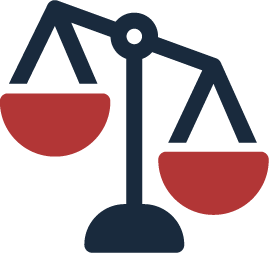
Justice

Human rights

Doucmentation

Against war
Our vision
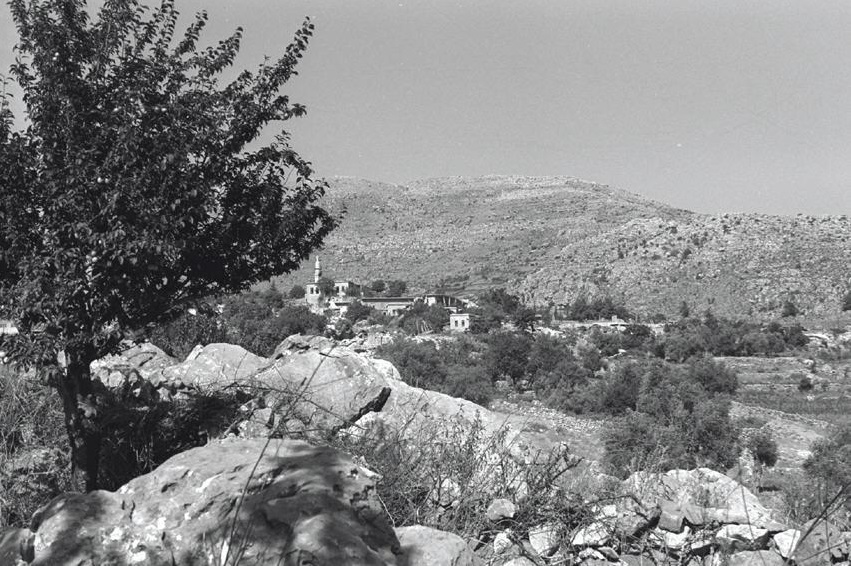
Al-Marsad seeks to establish a modern and efficient institution that struggles against war, colonialism and occupation and helps to develop a culture of respect for the principles enshrined in human rights and humanitarian law. We seek to achieve this by observing and documenting human rights and humanitarian law violations, working to influence policies and pushing to hold accountable those responsible for committing or condoning human rights violations and international crimes.
Al-Marsad also aims at developing itself so as to become a fundamental reference source for those seeking information on human rights violations in the Occupied Syrian Golan.

Our Mission
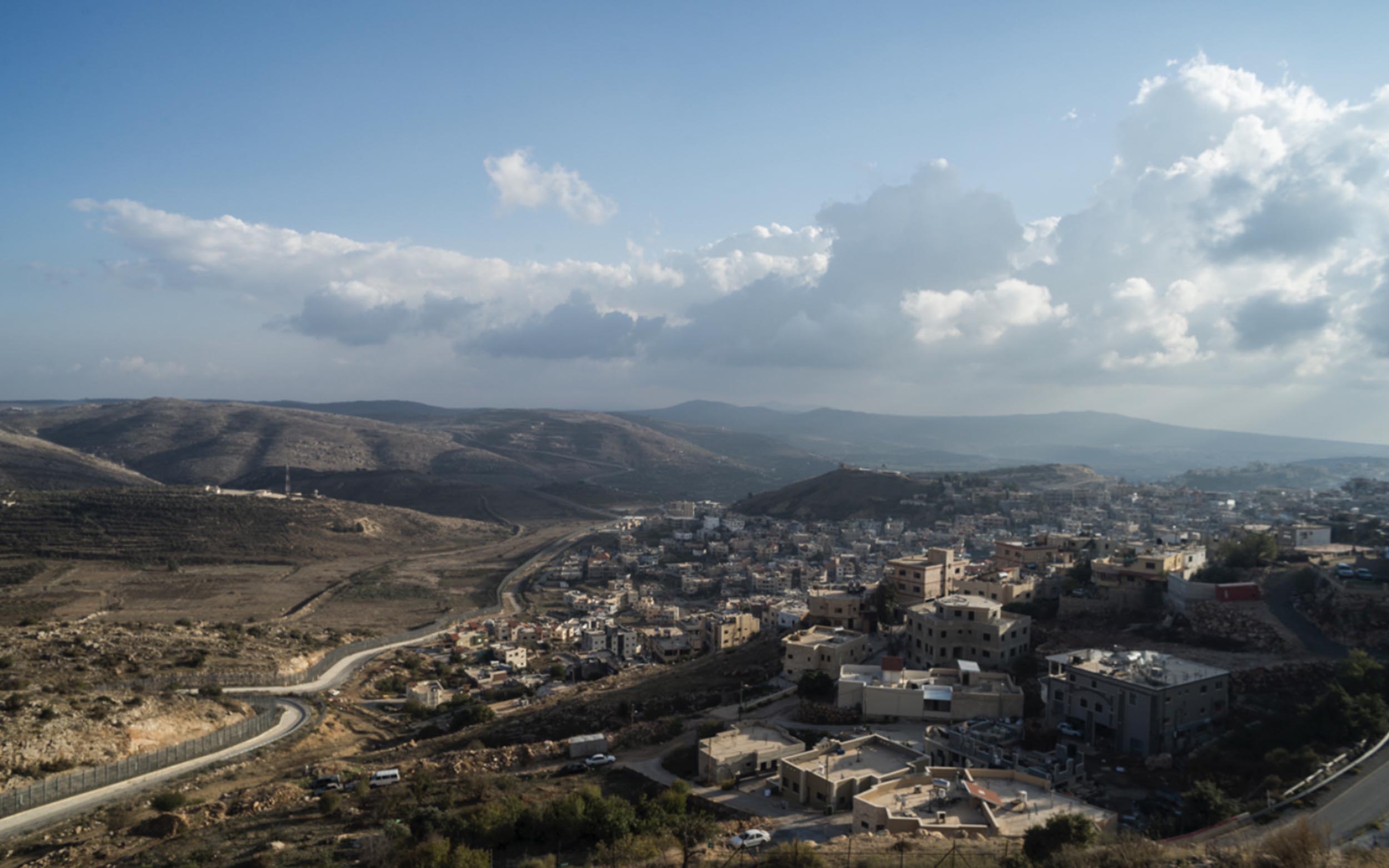
Al-Marsad’s mission remains clear: working to protect and promote human rights and respect for the rule of law in the Occupied Syrian Golan, with a commitment to the overall application of international law, in particular: international humanitarian law and international human rights law.
Since its establishment in 2003, Al-Marsad has sought to document human rights violations perpetrated by Israel (the occupying power) against civilians and their private property. Special focus is given to civil, political, economic, social and cultural rights, as well as humanitarian law principles: expulsion of the native Syrian population (ethnic cleansing), the control of land and water by Israel, separated families, settlement expansion, annexation, land mines, housing rights and planning restrictions.
Through its work, Al-Marsad seeks to monitor and document human rights law and humanitarian law violations, and to urge the international community to pressure Israel to respect international law, stop its violations and end its occupation of the Syrian Golan.
Goals
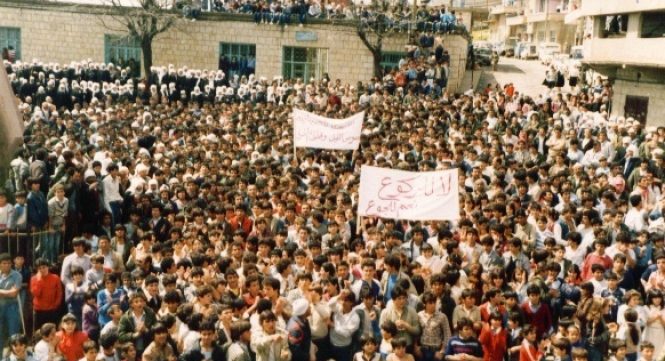
In the course of its strategic planning, Al-Marsad has developed and now adheres to three overall goals. Since our inception, these goals have guided all the organisation’s strategies and activities. Al-Marsad concentrates its efforts on:i) Building a solid non-governmental, civilian and independent institution, whose members, contributors and staff have a clear picture of their role, and can develop their capacities and abide to a shared internal governance structure.ii) Remaining the principal resource for research and legal advice on human rights violations (since 1967) in the Occupied Syrian Golan.iii)

Staff & Board
A short introduction
to your team members and why their background should inspire users’ confidence.

Nizar ayoub
Nizar Ayoub, Advocate/ Founder of Al-Marsad and Director
Nizar is the principal founder of Al-Marsad and has served as Al-Marsad’s Director since 2012. Nizar obtained an M.A in International Law from the Institute of Foreign Relations and International Law, at Kiev National University in 1992, and a Ph.D in International Law from the Institute of State and Law, at the Russian Academy of Sciences, in Moscow in 1998. Nizar specializes in legal research and training in the fields of international human rights law and international humanitarian law. Nizar is a human rights activist and a member of Israel Bar Association. He worked with ‘Al-Haq’, a leading Palestinian human rights organization in Ramallah from 2000-2011, as a lawyer and legal researcher. Nizar has published several studies on the legal status of the occupied Arab territories since 1967 with a special focus on Jerusalem. In 2014 Nizar served as a consultant to the UN Conference for Trade and Development (UNCTAD) in the Occupied Palestinian Territory.

Wael Tarabieh
Manager of Economic, Social and Cultural Rights Program
Artist and activist in the cultural and public spheres. Graduated from St. Petersburg State Academic Institute of Painting, Sculpture, and Architecture named after Ilya Repin. A Co-founder of the “Fateh Al-Moudarris Center for Arts and Culture”. He has been teaching fine arts since 1996. He has worked with fellow artists and cultural activists on developing the local artistic and cultural space in the occupied Syrian Golan and sought to link it to the democratic cultural movement in Syria, Palestine, and the world. He joined Al-Marsad’s staff in 2018, as a project manager for the cultural program “New ways of seeing”, and is currently managing Al-Marsad’s program on economic, social, and cultural rights.

Dr. Nazeh Brik
Senior researcher
Nazeh is an Architect and engineer specializing in town and urban planning. He received a Master’s degree in Architecture in 1986 from the Applied University of Augsburg, and a Master’s degree in Urban and Regional Planning in 1989 from the University of Oldenburg (both in Germany). In 1995, Nazeh received a PhD in Urban Planning from the University of Augsburg. Dr. Brik had an architecture bureau in Majdal Shams in the occupied Syrian Golan until 2016, when he joined Al-Marsad as a senior researcher.Dr. Brek specializes in researching Israeli settlements in the occupied territories, occupation land and water appropriation policies, and the associated policies of discrimination in planning and construction against the inhabitants of the occupied territories. Nazeh published several research papers in the field of regional planning (in Arabic and German), including a book in German entitled: “The Kibbutz, Myth and Reality” – The role of the kibbutz in Israeli settlement policies.

Karama Abu Saleh
Advocate
Karama is a human rights activist and a member of Israel Bar Association. Karama has been working with Al Marsad as a lawyer since 2015 and conducts impact litigation before Israeli courts and authorities that challenge human rights violations and discriminatory policies against the native Syrian community of the Occupied Syrian Golan. He obtained an LL.B. in Law from the Ono Academic College/ Kiryat Ono, Israel.

Salam Sayed Ahmad
Administrative Assistant
Salam started working in Al-Marsad in 2021 as administrative assistant. Salam is studying Economics and Information Systems at Tal Hai College. Before joining Al-Marsad, Salam worked as a marketing and sales person in several places. She also volunteered for several years in assisting school students in academic achievements and exam preparation.
Funding
Al-Marsad is a non-profit organization supported by grants from foundations and individuals. We appreciate the generous contributions of the following foundations to our work:



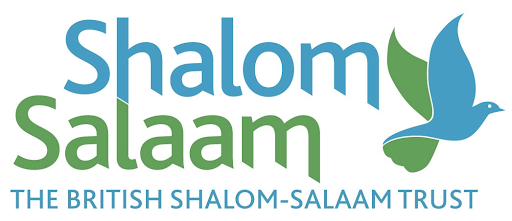




The views expressed on this website are those of Al-Marsad and do not reflect the official position of any donor to Al-Marsad.
In compliance with Israeli law, which seeks to equate the receipt of international Funding with disloyalty, please note that more than 50% of Al-Marsad’s funding comes from foreign state entities. These are listed on the website of the Israeli Registrar of Associations (and elsewhere).
Al-Marsad remains loyal to its human rights values. Based on international law, it documents and researches the human rights of the Syrian Arabs in the Golan Heights, produces reports and information on this matter, affords legal services to the community, and raises awareness of human rights.
בהתאם לחוק שהעבירה הכנסת למסגר קבלת מענקים בינלאומיים כביטוי לחוסר נאמנות, נציין כי מעל 50% ממקורות המימון של עמותת אלמרסד הגיעו מישיות מדיניות זרות המפורטות (בין היתר) באתר האינטרנט של רשם העמותות.
בכל מקרה, אלמרסד נותר נאמן לעקרונות זכויות האדם, ולמטרותיו העיקריות בקשר לתיעוד מצב זכויות הערבים הסורים ברמת הגולן בהתאם למשפט הבינלאומי, עריכת מחקרים ודוחות בנוגע למצב זכויות האדם בגולן, מתן סיוע משפטי לאוכלוסיה, והפצת מודעות לזכויות האדם.
في إطار القانون الذي سنته الكنيست بهدف تأطير تلقي المنح المالية من جهات دولية كتعبير عن عدم الولاء، نشير إلى أن ما يزيد عن 50% من تمويل المرصد يأتي من جهات أجنبية تظهر أسمائها في الموقع الإلكتروني لمسجل الجمعيات.
المرصد سيبقى متمسكاً بمبادئ حقوق الإنسان بموجب القانون الدولي المتمثلة برصد وتوثيق الانتهاكات لحقوق العرب السوريين في الجولان، إعداد تقارير ودراسات بهذا الخصوص، تقديم الخدمات القانونية، ونشر الوعي بين السكان العرب بقضايا حقوق الإنسان.
